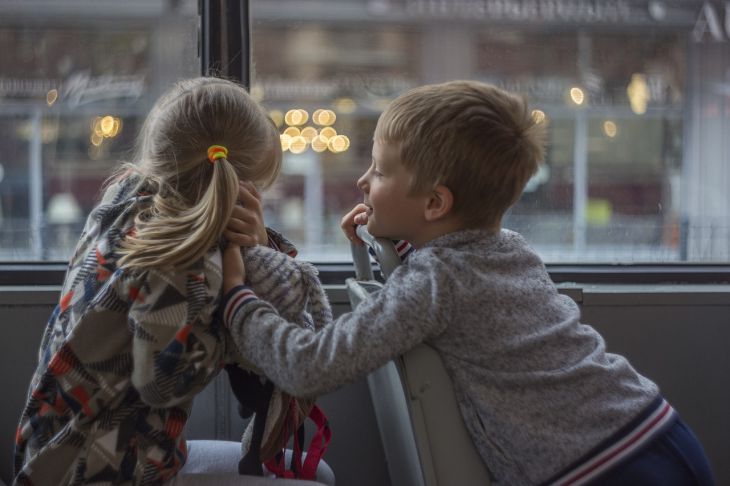Psychologist Elena Katsyuba explained why children quarrel and what to do about it
Quarrels between children occur for the same reasons as among adults.
Elena Katsyuba, psychologist, psychosomatologist, explained why children quarrel and what to do about it.
Firstly, when one person's picture of the world does not coincide with the picture of the world of the second. Secondly, when needs are not met. Let's look at these reasons in more detail.
A typical scene on the playground: a boy named Petya really wants to play with a boy named Vasya with cars, but Vasya refuses because he really wants to play tag.
Conflict arises when children try to force each other to do what they want. This is the very same mismatch of worldviews.

Another typical picture: the boy Petya saw the boy Vasya's car and immediately wanted the same one. Since he has not learned to negotiate, he will go and start taking it away to satisfy his need. A conflict arises.
How to teach a child to resolve conflicts
We explain to the children that in reality no one owes anything to anyone. Vasya is free not to play with Petya, and Petya is free not to be friends with Igor.
And this is normal, because everyone has their own picture of the world, their own opinions and desires. And if a person refuses you something, it does not mean that he is bad or you are bad, it only means that your interests do not coincide.
We teach children to build a dialogue, to agree on mutual benefit. For example, "Let's play tag now, as you want, and therefore we will play with cars." Or: "Let's swap for a while. I'll play with your car, and you with mine."
We learn to build cause-and-effect relationships. For example, Vasya always responds to my calls to play together, we have fun together, which means we have common interests and worldviews and it is beneficial for us to be friends.
And if I follow Vasya all the time and beg him to play with me, and he always refuses, then we ask ourselves: do I need Vasya? Wouldn't it be better to offer Petya to play?
In general, it is good to teach children to understand that the cause-and-effect relationship always works in the format of "you - to me, I - to you." And then we draw conclusions. It turns out that you do not always need to be offended by someone. After all, an offense is when someone has treated me unfairly.
Accordingly, the better a child understands the rules of this world, the more he understands that this is not about injustice, but about a mismatch of interests.
That is, if your interests do not coincide with my interests, it does not mean that you are acting unfairly towards me. You just have different goals and objectives at the moment.
But there is one big nuance. If the parents themselves have a predisposition to resentment, they will never teach their child not to be offended. Therefore, you first need to sort out your problems, and then teach your child relationship strategies.
